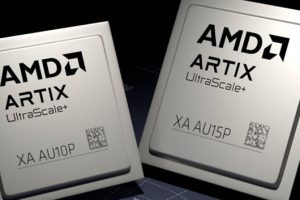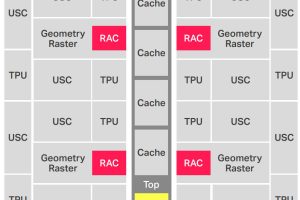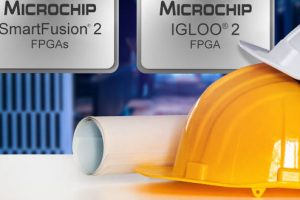
The fledging non-profit foundation has over 20 members from academia and more than 1,000 individual members worldwide, said CEO, Shrikant Lohokare.
Lohokare explained that proprietary companies can limit innovation, requiring as they do a high learning curve to use FPGA technology effectively.
SoC and eFPGA IP provider, Quicklogic is a founding member. President and CEO, Brian Faith, added the aim is to “democratise the availability of FPGA technology” with open source tools, principally so that designers no longer have to wait for a large company to fix a bug. The IP and devices will be supported by design tools, available on GitHub, he added.
The organisation was originally founded by DARPA (Defence Advanced Research Projects Agency), part of the US Department of Defense, at the University of Utah. This influenced a lot of its early work to promote an open source FPGA technology. Part of this support is the Australis eFPGA generator introduced by Quicklogic. This tool automates and accelerates protoyping, reducing a design time of a year and a half to a couple of months, said Faith. Automating the process lowers the development cost, which is key to open up broader markets and applications, he said, adding that Quicklogic has “30 years, all the tears” in developing manufacturability at scale.
Customers can request any process and integrate open source tools into an ASIC. The new eFPGA IP will be integrated into customers’ SoC designs and is supported by the company’s Aurora software tool suite as well as open source tools.
Quicklogic can customise eFPGA IP for any foundry or process technology “within days” if it is already supported or within three months if new process technologies are used. The tool provides optimisations for performance, power or area and can accommodate multiple architectures and variable routing density. Various array sizes can be accommodated, with block RAM and/or DSP blocks added for customised eFPGA IP cores in a short space of time.
The Open Source FPGA Foundation wants to encourage the industry to share best practices and collaborate on tool choices which meet or exceed industry standards and which are fully open sourced. A common theme was for the foundation to drive innovation, democratise fpga design and provide educational opportunities.
Other foundation members were at DAC, including VMACCEL, offering FPGA-accelerated cloud computing, targeting complex high performance computing (HPC) and offering FPGA-as-a-service, independent AI-enabled start-up, Rapid Silicon and Analog Bits, which specialises in mixed signal IP.
 Electronics Weekly Electronics Design & Components Tech News
Electronics Weekly Electronics Design & Components Tech News



